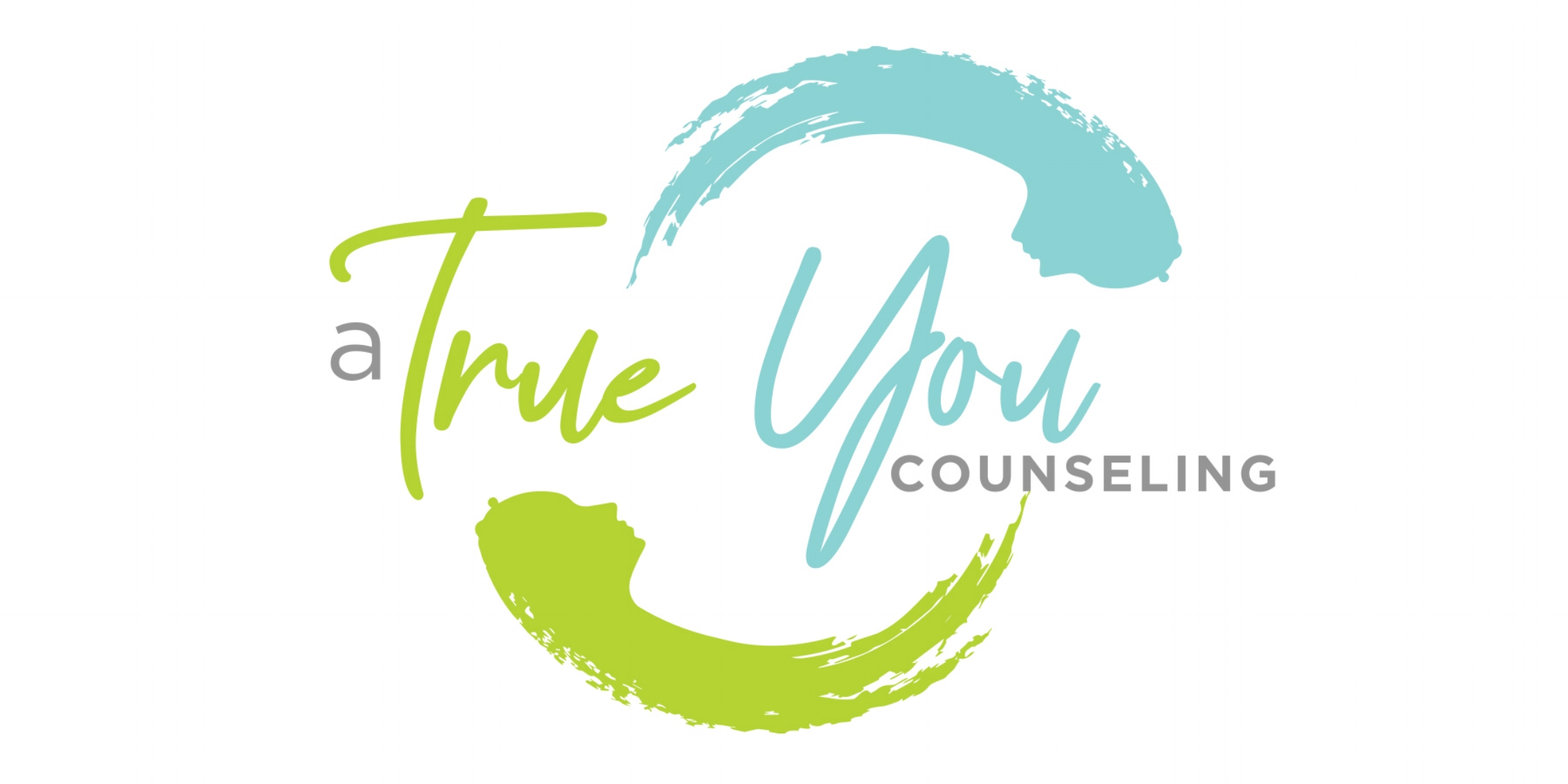The Black Church and Mental Health
For years, African-American Christians have turned to the black church as a source of inspiration and strength in the community. But when it comes to mental health, there has been a missing link in providing services much less information. Statistics provided by the U.S. Department of Health and Human Services Office of Minority Health show that African Americans are 20 percent more likely to experience serious mental health issues than the general population.
Many of those 20 percent are sitting in the pews of black churches dealing with depression, addictions, Post-Traumatic Stress Disorder (PTSD), Attention Deficit Hyperactivity Disorder (ADHD), and suicidal thoughts. And many of them are treating these issues with prayer and faith when much more specialized treatment is required.
Treatment for a mental illness can come in various forms. Treatment can include one-on-one therapy or group therapy or talk therapy along with psychiatric medication. There could also be a need for hospitalization for some time to steady symptoms. It could involve a rigorous outpatient program. But these treatments can’t be prescribed unless someone who is trained in handling mental illness addresses the problem.
African American psychotherapist Erlanger Turner has studied and written on how therapy is lacking in the black community at large as well as the church. He notes that the solution has long been turning to the Bible for answers.
"Cultural competency is big when it comes to churches and how they view mental health," Turner says. "There is a certain level of mistrust when it comes to how churches view therapy. These professionals may not understand the culture of the spiritual black community. There have been issues with over-diagnosing black patients. Families work with therapists and sometimes social services get involved due to issues of child abuse and neglect. The lack of trust, privacy and understanding can stop black communities from seeing mental health professionals."
Another hurdle that African-American communities face when addressing mental health is the financial aspect. According to the Centers for Disease Control and Prevention (CDC), poverty level affects mental health status. African Americans living below the poverty level, as compared to those over twice the poverty level, are 3 times more likely to report psychological distress.
But there’s hope for bridging the gap. First Corinthian Baptist Church in Harlem, New York which has been a mainstay in the Harlem community since 1933, can be a model for how to link the black church with mental health resources. Reverend Michael Walrond Jr. has afforded worshippers and local residents the opportunity to receive much-needed mental health services. The H.O.P.E. Center ("Healing on Purpose and Evolving") provides five to ten free therapy sessions for individuals, couples and families before connecting them to local practitioners.
"As someone who has dealt with depression and mental illness, I have always prayed and relied on my spirituality, but seeking treatment has made all the difference," Walrond explains. "I noticed a lot of people in the community with mental health issues as well. So five years ago we began offering treatment with a professional out of the church ...There are two practitioners on staff that can be prescribe medication and we have wonderful interns from the Columbia University School of Psychiatry as well."

